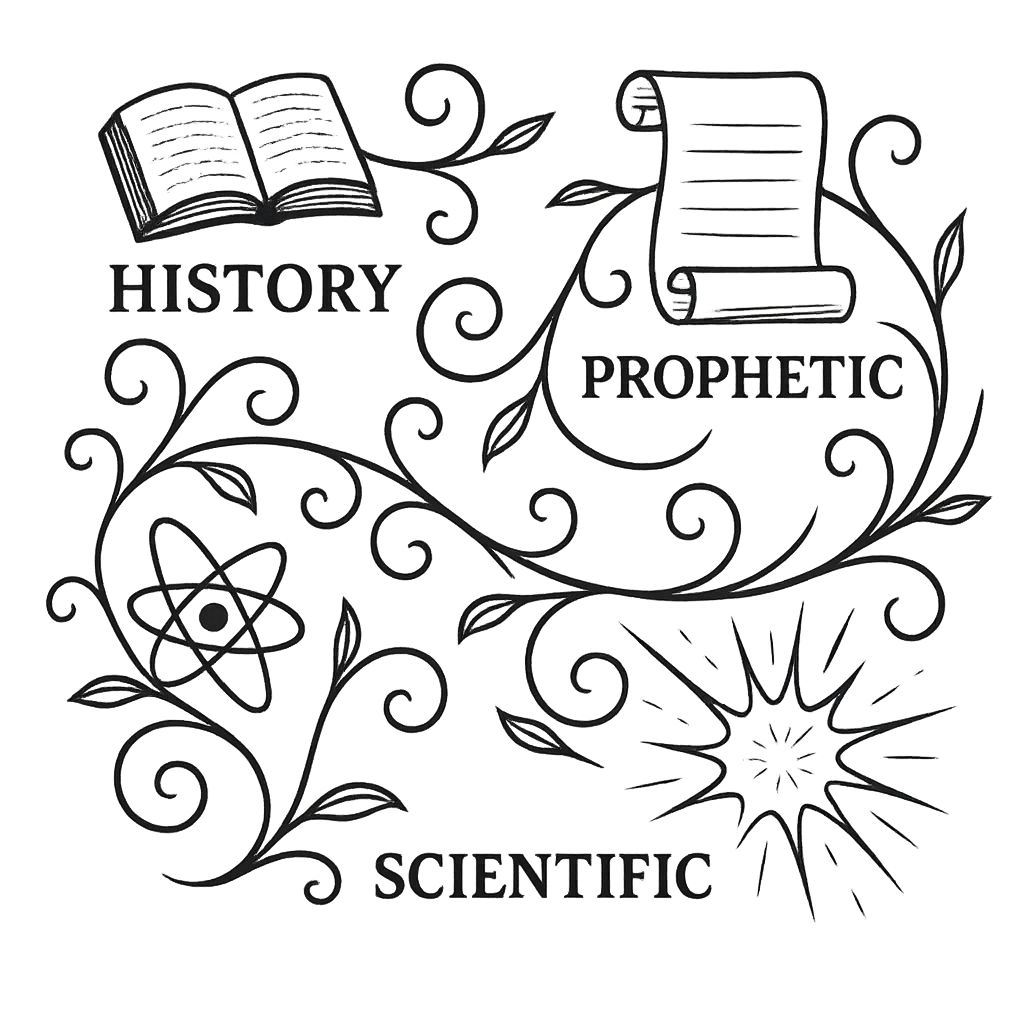Few passages in Scripture have stirred as much debate and anticipation as Isaiah 7:14. Written over 700 years before Christ, this prophecy gave Israel a glimpse of a miraculous sign:
“Behold, the virgin shall conceive and bear a son, and shall call his name Immanuel.” (Isaiah 7:14, ESV)
Christians see in this verse a direct foretelling of the birth of Jesus, while Jewish interpretations have traditionally read it differently. But what did the earliest Jewish readers actually expect? Was the idea of a virgin birth simply invented by Christians after the fact—or does the evidence show otherwise?
📖 The Hebrew Text – “Young Woman” vs. “Virgin”
The original Hebrew word used in Isaiah 7:14 is ‘almah’ (עַלְמָה), which literally means a young woman of marriageable age. Critics often argue this does not explicitly mean virgin (which would be the Hebrew word bethulah).
However, ancient Jewish translators working long before Jesus gave us further insight.
📜 The Septuagint’s Witness
The Septuagint (LXX)—a Greek translation of the Hebrew Bible completed by Jewish scholars in Alexandria around the 2nd–3rd century BC—renders Isaiah 7:14 with the word παρθένος (parthenos), which unambiguously means virgin.
This is significant: it shows that Jewish interpreters before Christianity understood Isaiah’s prophecy in a way that allowed for a miraculous conception. It wasn’t a Christian “re-interpretation” forced into the text, but an existing stream of Jewish expectation.
🤱 Could the Virgin Birth Prophecy Been Faked?
For critics who claim the virgin birth story was fabricated, one must consider the practical impossibility of collaboration. If Mary, Joseph, and their families were inventing such a claim, it would have required:
- Mutual agreement across relatives and townspeople
- Coherence across multiple Gospel accounts
- Acceptance in the earliest Christian communities
Instead, what we find is consistent testimony across independent sources (Matthew and Luke) and early church tradition—all rooted in a prophecy that had already been translated as virgin centuries before Christ.
✨ Immanuel – “God With Us”
The son to be born would be called Immanuel (עִמָּנוּאֵל), meaning God with us. Critics point out that Jesus’ name was not literally “Immanuel,” but rather “Yeshua” (Jesus).
Yet names in Hebrew prophecy often carry theological significance, not strict labels. For example:
- “Isaiah” means The Lord saves
- “Elijah” means My God is Yahweh
In the same way, Jesus’ very identity fulfilled “Immanuel”: as the Word made flesh (John 1:14), He is literally God dwelling among us. His role and presence, not His given name, are what embody the prophecy’s meaning.
📖 Matthew 1:22–23 (50-90 AD) –
“All this took place to fulfill what the Lord had said through the prophet: ‘The virgin will conceive and give birth to a son, and they will call him Immanuel’ (which means ‘God with us’).”
🕊️ Other Early Christian Witnesses:
- Justin Martyr (c. 150 AD) argued in Dialogue with Trypho that Isaiah 7:14 clearly foretold Christ’s virgin birth and His title “Immanuel.”
- Irenaeus (c. 180 AD) in Against Heresies likewise affirms that Jesus fulfilled this prophecy, emphasizing that “God with us” describes His very identity, not a literal name.
⚖️ Conclusion – More Than a Sign for Ahaz
Isaiah 7:14 was originally given to King Ahaz as a sign of God’s presence and deliverance for Judah. But its ultimate fulfillment reaches beyond his time. The Septuagint’s use of parthenos shows that long before Jesus, Jews themselves could envision a miraculous birth as part of this prophecy.
Christians believe the birth of Jesus is the fullest realization:
- A virgin conceives ✨
- A son is born 👶
- God is with us 🙏
Isaiah’s prophecy wasn’t a late invention — it was a promise echoing through centuries, fulfilled in the coming of Christ. For more related prophecies, see our articles on Isaiah 53 and Isaiah 7:14.
📚 References
- Emanuel Tov, Textual Criticism of the Hebrew Bible
- R.T. France, The Gospel of Matthew
- Raymond E. Brown, The Birth of the Messiah
- Isaiah 7:14 (Hebrew text and LXX)
- Matthew 1:22–23; John 1:14

Leave a Reply